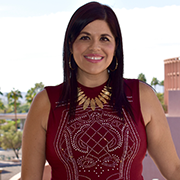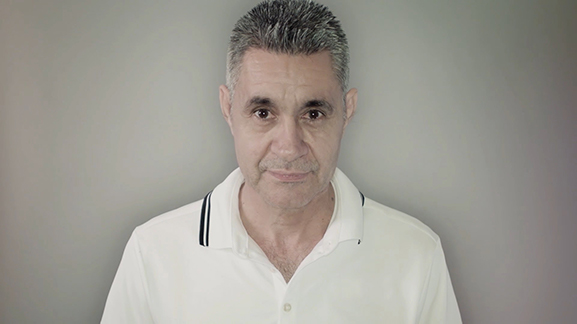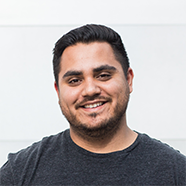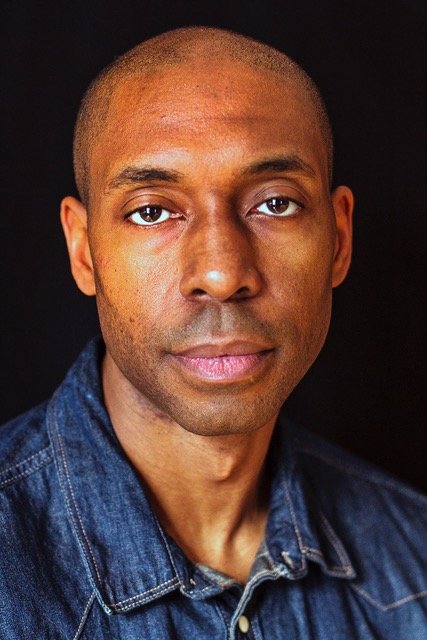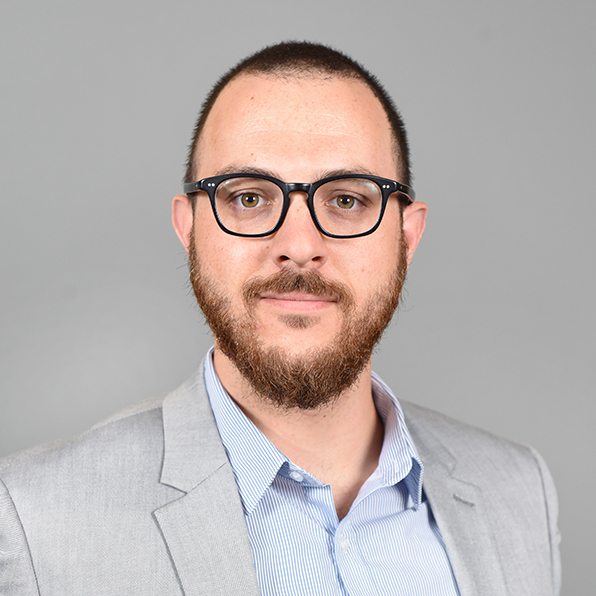About This Course
This To Be Welcoming course illuminates how class or socioeconomic status affect our everyday lives and how different biases around wealth and poverty are formed. We begin with key terms like class or socioeconomic status, followed by a video module featuring faculty experts answering commonly asked questions. Next, we provide context by exploring job insecurity, the working poor, economic justice, and the role of technology in our changing economy. We conclude with points for starting your own discussions on class bias and considering appropriate responses.
Learners who complete this course will earn a digital certificate of completion.
Meet Your Instructors
Dr. Jessica Solyom
Associate Research Professor
School of Social Transformation
Arizona State University
Jessica Solyom, Ph.D., received her doctorate in Justice and Social Inquiry from Arizona State University. She has worked in research, program development, and program evaluation for postsecondary institutions in promoting diversity in curriculum, pedagogy, and classroom management for over 10 years. Her research focuses on diversity, belonging, and justice. Her scholarly publications have explored the justice-related struggles of historically underrepresented students including explorations of race and gender in student leadership, persistence for students of color in predominantly white postsecondary settings, and education rights activism among Indigenous college students. She is currently an Associate Research Professor and teaches courses on Research and Inquiry, Critical Race Theory, and Indigenous Knowledge Systems. Dr. Solyom serves as a mentor at the Center for Indian Education (ASU) in preparing and training rising students of color as community embedded researchers and servant-leaders.
Nicholas Bustamante
J.D./Ph.D. Student
Sandra Day O’Connor College of Law
School of Social Transformation
Nicholas is a current joint law and doctoral student in Justice and Social Inquiry at Arizona State University. He has worked in research focused on the school to prison pipeline in Arizona for Native, Latino, and African American Students. In 2017-2018 he co-developed a critical legal studies program for first generation students interested in a legal career. Scholarly publications have focused on critical race theory, education, ethnic studies and Indigeneity. His doctoral research focuses on surveillance technologies and privacy rights for communities in the southwestern borderlands. Nicholas also volunteers at local immigration initiatives.
Video Contributors
Dr. Rashad Shabazz
Associate Professor of Justice and Social Inquiry
School of Social Transformation
Arizona State University
Rashad Shabazz's academic expertise brings together human geography, Black cultural studies, gender studies, and critical prison studies. His research explores how race, sexuality and gender are informed by geography. His most recent work, "Spatializing Blackness," (University of Illinois Press, 2015) examines how carceral power within the geographies of Black Chicagoans shaped urban planning, housing policy, policing practices, gang formation, high incarceration rates, masculinity and health.
Dr. Nancy Jurik
Professor of Justice and Social Inquiry
School of Social Transformation
Arizona State University
Nancy Jurik is a professor of justice and social inquiry in the School of Social Transformation. She has been with ASU since 1981. Her research and teaching interests address issues of gender, occupations, work-related technology, and work organizations. Her past research focuses on women in traditionally men's occupations including women in corrections, policing, and business. With Susan Ehrlich Martin, she published the second edition of a book "Doing Justice, Doing Gender: Women in Legal and Criminal Justice Occupations" (Sage, 2007). She has published articles in scholarly journals that include Social Problems, The Sociological Quarterly, Gender & Society, Feminist Criminology, The International Journal of Gender and Entrepreneurship,and Men & Masculinities. Professor Jurik is also interested in the economic justice surrounding small businesses, microenterprise development, and in economic policy relating to poverty and wealth accumulation. A 2005 book examines the issues surrounding U.S. microenterprise development in the new economy. This book is entitled "Bootstrap Dreams: U.S. Microenterprise Development In An Era of Welfare Reform" (Cornell University Press). She is also co-author with Gray Cavender of "Justice Provacateur: Jane Tennison and Policing In Prime Suspect" (University of Illinois Press, 2012).
Raphaël Charron-Chénier
Assistant Professor of Justice and Social Inquiry
School of Social Transformation
Arizona State University
Raphaël Charron-Chénier is a sociologist who studies racial inequality in the context of consumer markets. His current projects examine barriers in access to goods and services for Black households, racial disparities in the use and impact of predatory lending, and racial disparities in debt accumulation.
